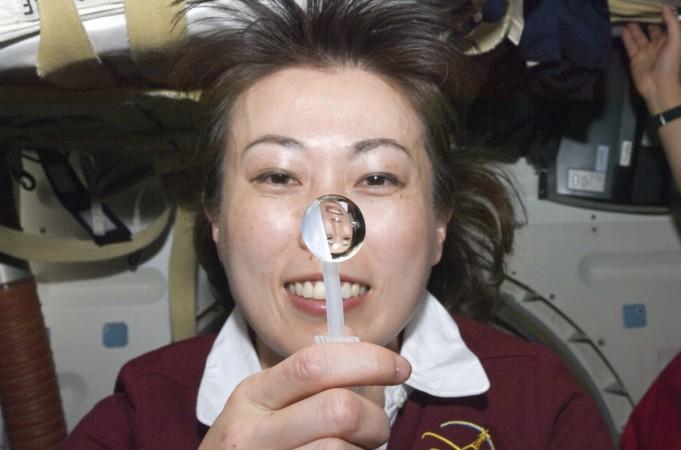
Naoko Yamazaki, the second Japanese woman to go to space, has predicted that humans will reside on Mars within a century!
Also Read: Clusters of tiny dwarf galaxies discovered; give insights into creation of universe
Yamazaki was part of the 2010 mission to the International Space Station (ISS). Space guidelines should be changed in light of the glut of private firms investing in space missions, she told the Nikkei Asian Review.
Governments should formulate schemes that would make entering the space exploration industry simpler for private firms, she suggested. She cited the example of Japan doing so with its Space Activities Act and said many other countries should follow up with something similar.
Yamazaki even spoke about a human civilisation in space. She cited the example of people living on the ISS for the past 15 years with the help of advanced technology.
The air on the ISS is recycled with carbon dioxide being turned into oxygen, and the astronaut's urine is recycled into pottable water.

The only hurdle is that sending people into space is still very expensive: Sending just a kilogram of weight to space costs up to $8,850, a price that is considered restrictive by most private firms. Firms such as Blue Origin and SpaceX, however, are trying to lower these costs to make space-related operations function smoothly, she revealed.
"I think that within 100 years, humans will land on Mars. And not just land, but some will choose to live there. I also think that there will be more people going on trips into space, not just to the moon and Mars, but closer to the Earth as well," Yamazaki told Nikkei Asian Review.
When asked about her views regarding Asia's position in the space race, she said that Asian countries have come a long way and have started designing their own satellites and devices instead of depending on other countries as they previously used to do for disaster prevention, and other roles.
She cited the example of the Philippines launching a microsatellite in 2016, and India's Mars Orbiter Mission, which entered the Red Planet's orbit successfully in 2014, to showcase the new heights that Asia has reached when it comes to space development.








